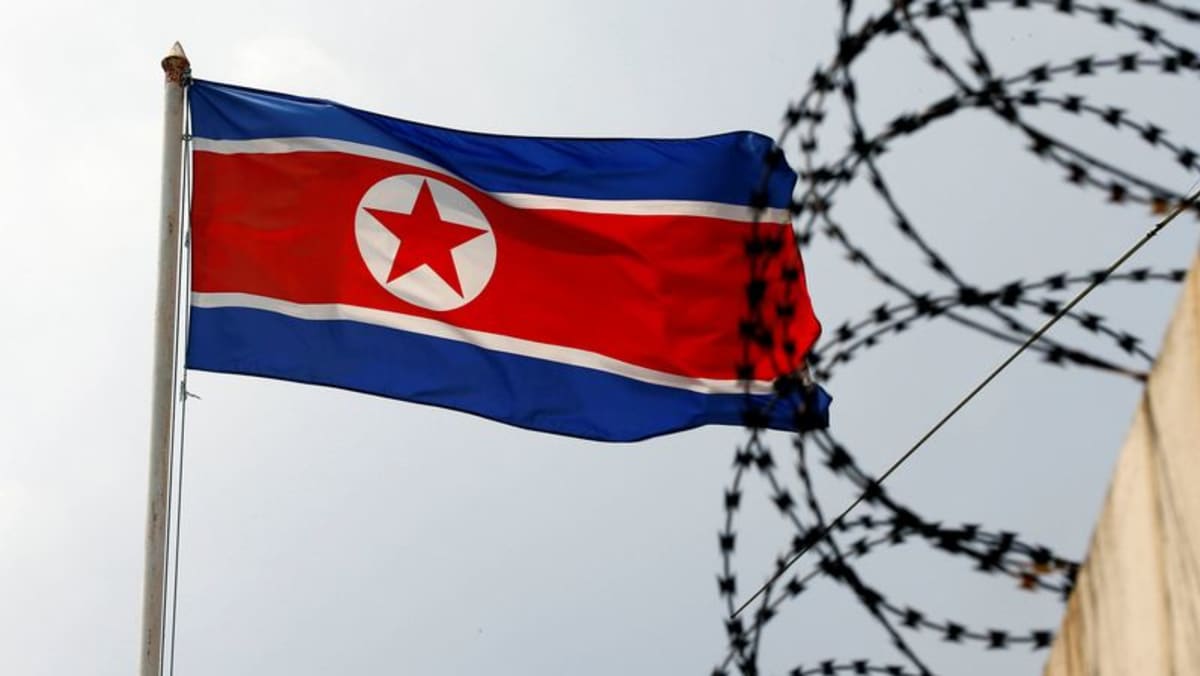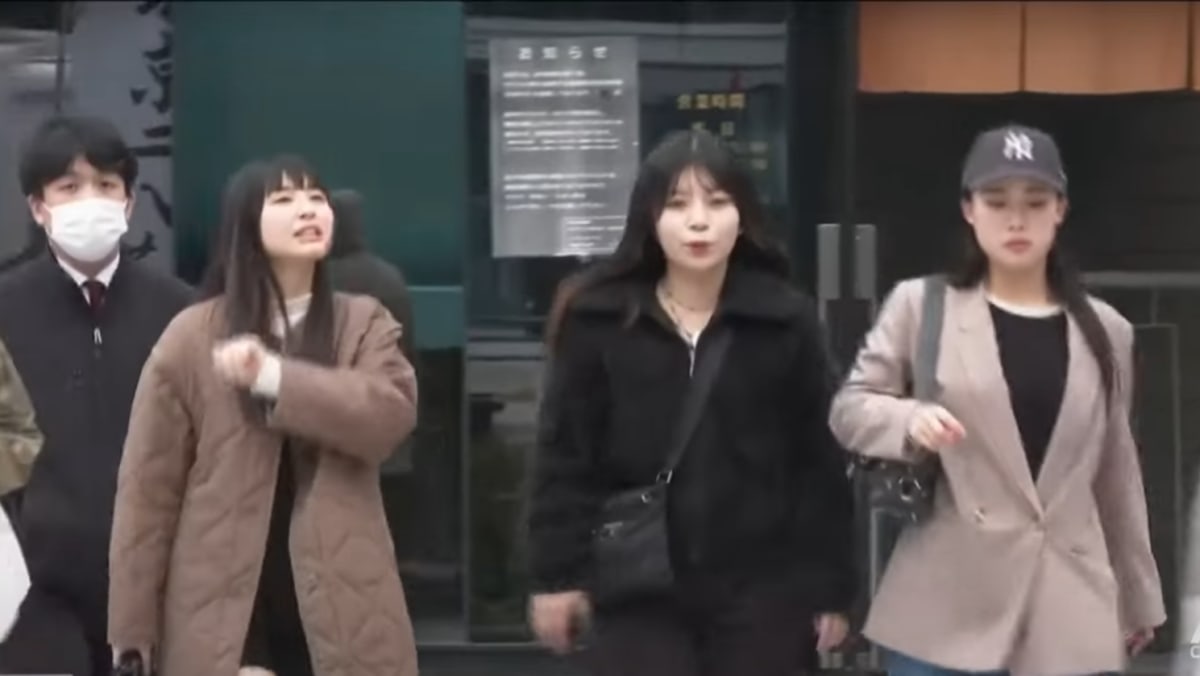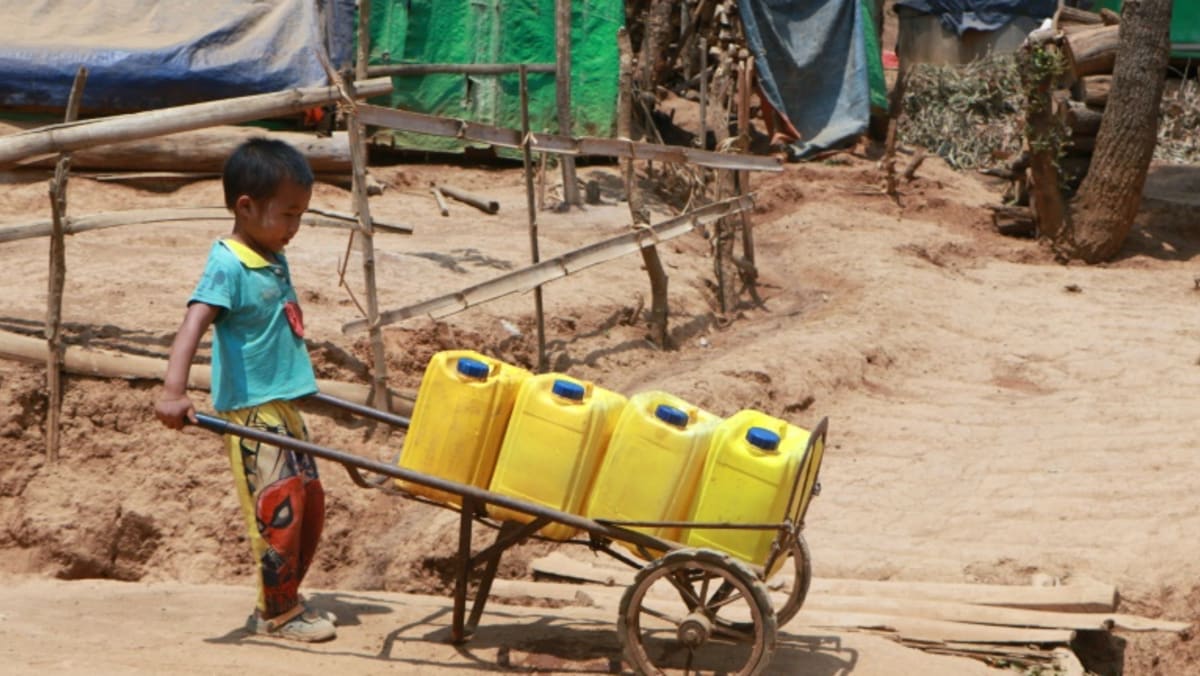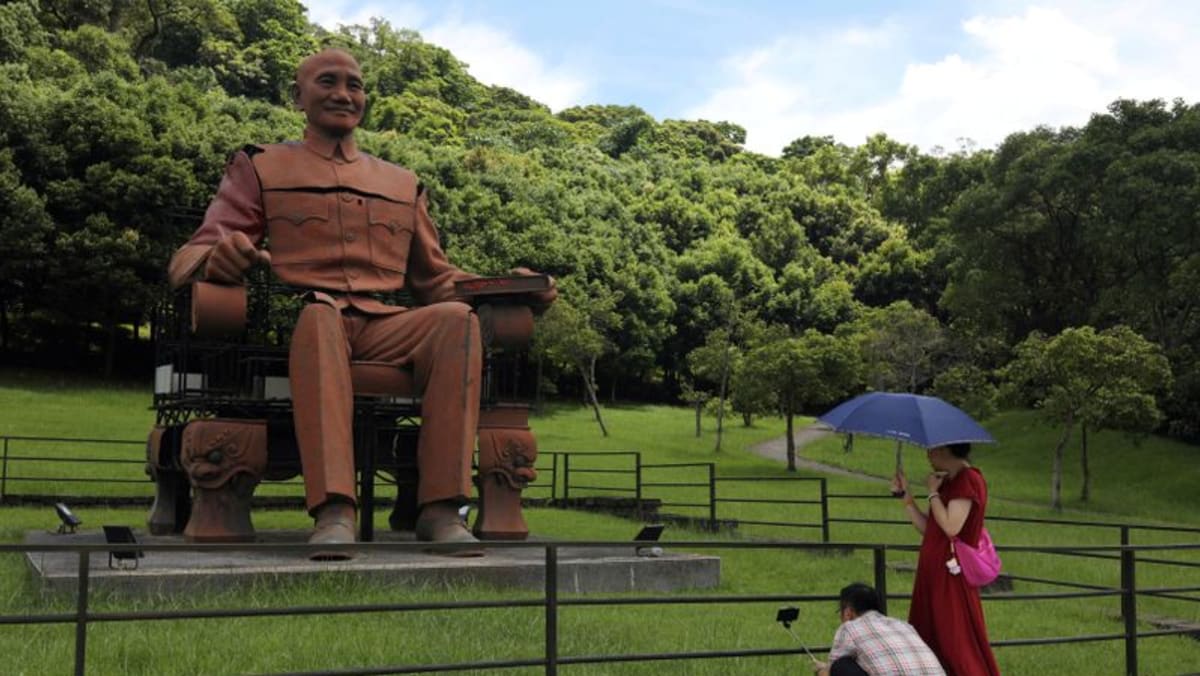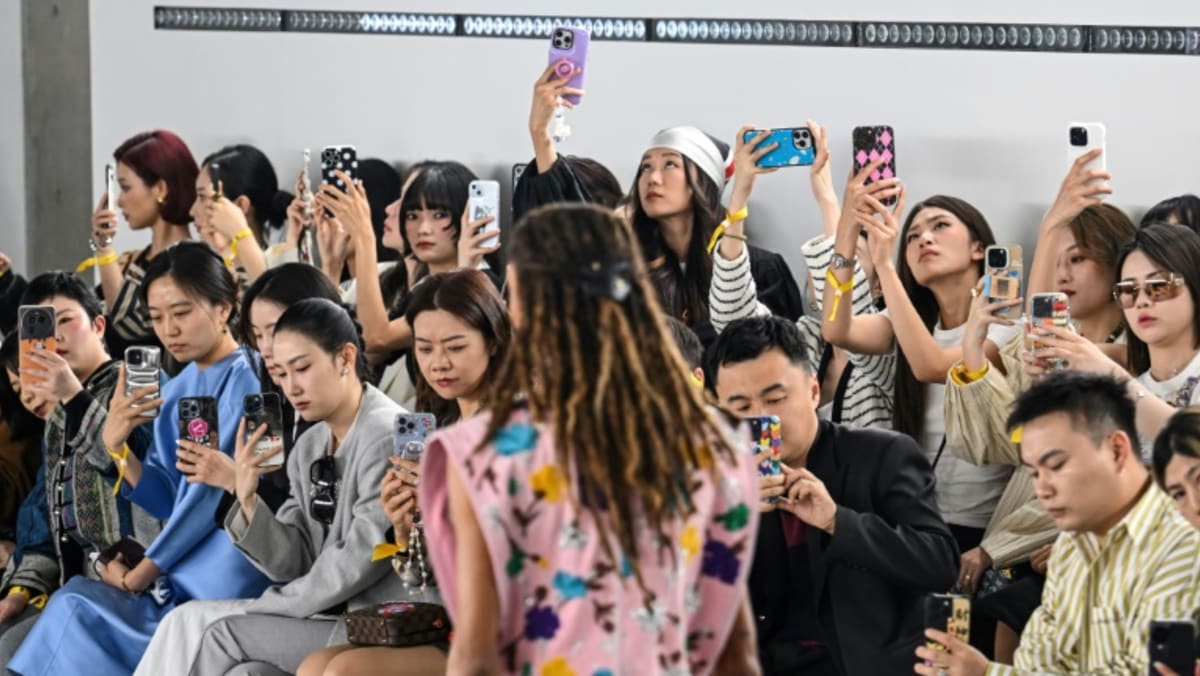“LIFESTYLES HAVE DIVERSIFIED”
However, one young worker told CNA that as much as she wants to prioritise work-life balance, it remains difficult for her to accomplish this on a typical day.
Ms Yuki Sato, who works in public relations for Japanese consumer goods giant Kao, said she clocks up to two-and-a-half hours of overtime daily.
“I come home from work, I am tired, so I sleep. This is how it is usually,” the 24-year-old added.
Ms Sato graduated in 2022 when the world was recovering from the pandemic, which left her generation with fear of how uncertain life could be.
“We suddenly were not allowed to do anything. Wages stopped coming in. Something could collapse. Stability was gone. Wages might fall and rise. Prices might fall and rise,” she said.
The pandemic also changed one crucial aspect of Japan’s corporate culture: Drinking parties after work.
Bars were shuttered during the coronavirus outbreak, accelerating a shift towards sobriety – especially among young workers who want quality of life and are less apologetic about setting boundaries.
Ms Sato now mainly socialises with her colleagues over lunch, saying she enjoys having a platform to mingle with them while developing her skills.
“We want to enjoy now, do what we want to do now,” she added. “Lifestyles have diversified.”
